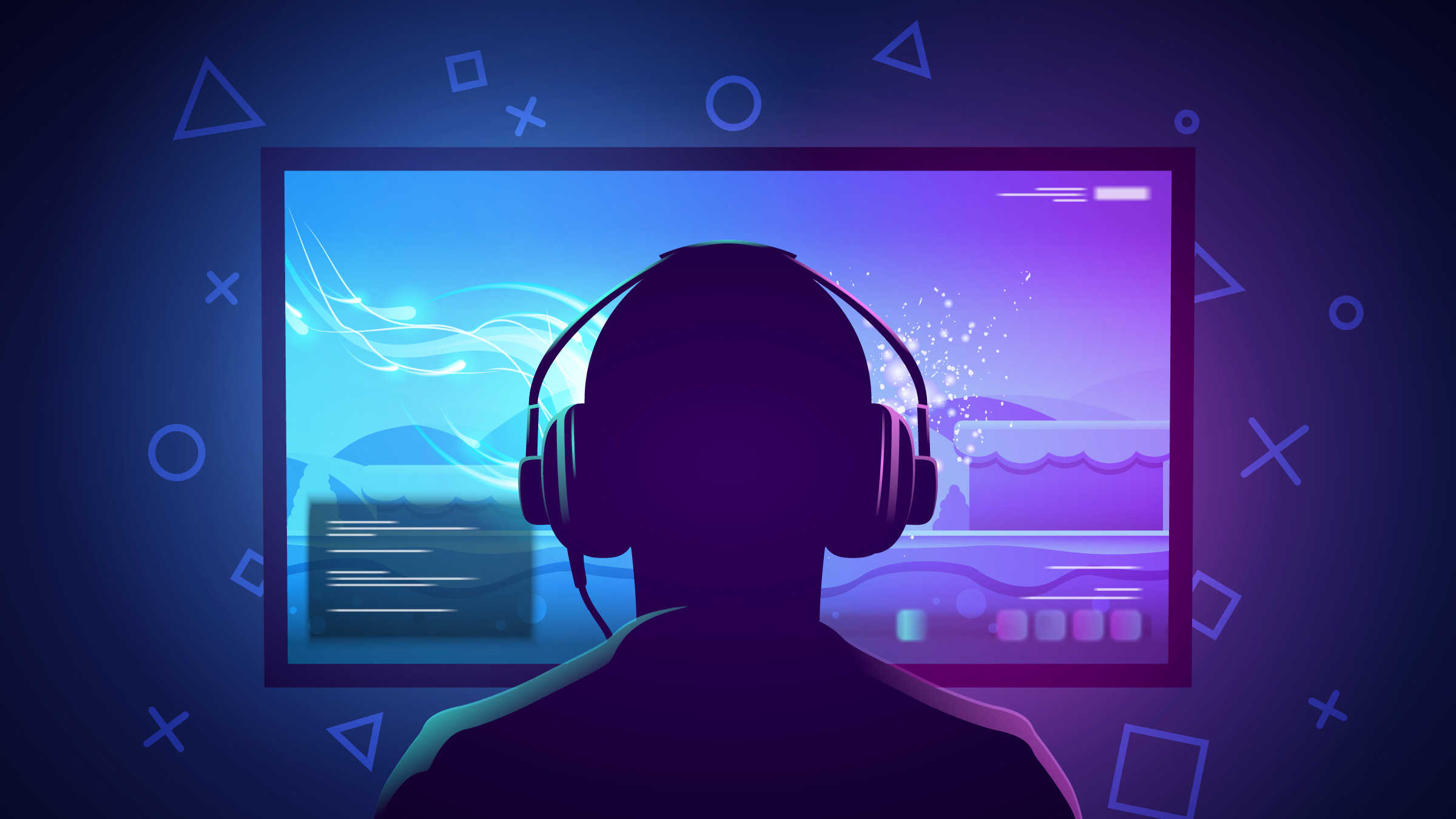"It is a riddle. Must go ahead. Need to find the lost
items. Need to reach the destination.”
“The road is full of vehicles. Staring at everything, we have
to run without colliding with anything. A good reward is to get home safely.”
“Enemies on the rise, his companion is dog. We have to
win with the help of that stray dog.”
People might wonder what these riddles are
about and what do they mean? These are the video games, but not for children. They
are for the people suffering from depression or other mental disorders. The intention behind this idea is
to make people enthusiastic and make get ridding of the disease as easy as
playing.
On one hand there is recreation and mental exhilaration
and on the other hand there is gaining points, triumphing over the hard levels,
unraveling riddles, and winning new tools. A video game-based treatment
resembling an online game is becoming part of psychotherapy. Unknowingly, there
is growing interest in thought patterns and emotions that help control
emotions. Experts believe that these can be very useful in the cases of
depression, anxiety, repetitive work, forgetfulness, fears and chronic pain.
They also help improve memory and concentration in healthy people.
Take Lumo city as an example. Available in the form of an app, it challenges the brain with new games of exciting and interesting riddles everyday to sharpen the mind. It helps develop skills such as memory, concentration, and an evolving thought process over time. That is why it is used for people with cerebral palsy. One study suggests that playing with it on daily basis can help prevent memory loss. Another reason for the growing appeal of such a digital game-based therapy in psychological problems is that they do not seem to be like the conventional treatment.
Unknowingly
it merges into a game. They are more likely to be accepted by the patient
rather than medication, and are less likely to be discriminative against those
with mental health problems. Moreover, digital games can be adapted to suit the
any and every age group. The cost is significantly lower there are no known
side effects associated with this game-induced treatment.
Benefits
Players of the video games have to make decisions immediately and
need to respond at thunder speed. There are variety of things that need to be
done in a limited time frame. The controller or mouse must be moved according
to instructions which requires a lot of concentration and focus. There are a
number of psychological benefits to this approach and psychotherapists are urged
to use these for treatment and therapies.
Improves memory
When playing problem- solving games, one has to distribute and
divide the data and understand various parts of the information at the same
time. This is when the part of the brain behind the forehead is stimulated.
Emotional balance
When we happen to connect with the people, we meet in the online,
we often tend to maintain a cordial relationship at some cost. Negotiating with
other players and sending messages can help control emotions.
This therapy has proved to be beneficial as it provides a breather
from the unconventional and at times harmful medicative treatments. With out
any long/short term side effects, the patient is kept healthy and active, with
an aim to reduce and alleviate all their troubles.
Written By - Keerthana Bharadwaj
Edited By - Tushna Choksey








.jpeg)



0 Comments